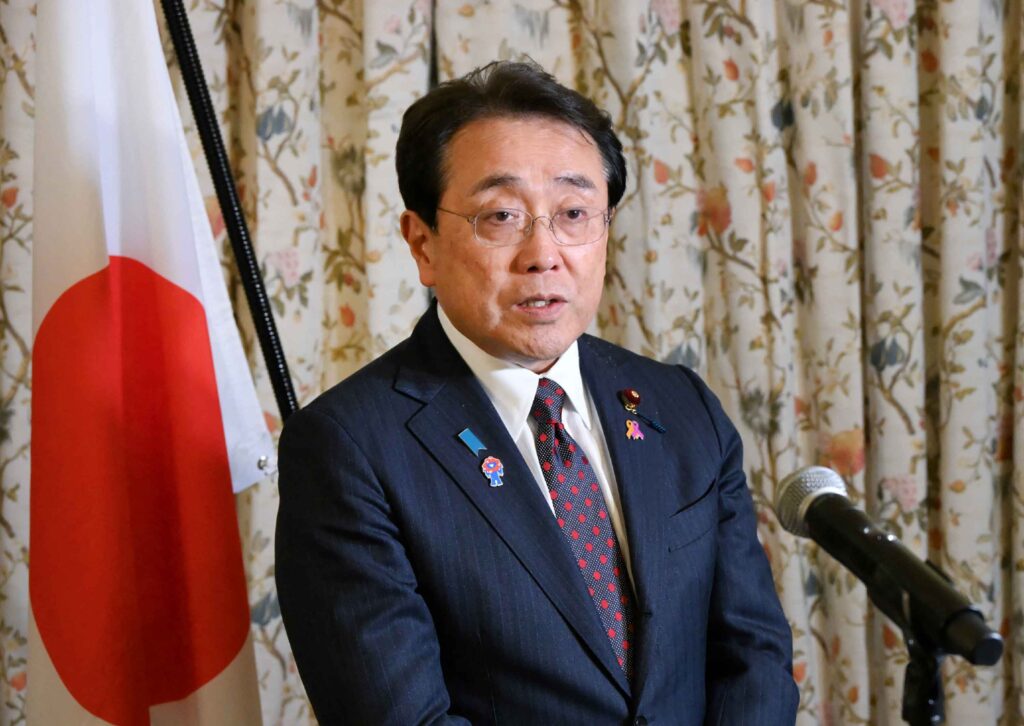
- ARAB NEWS
- 19 Aug 2025

TOKYO: Japan’s top trade negotiator, Ryosei Akazawa, could travel to Washington as soon as next week for a third round of trade talks with the U.S., two sources with knowledge of the plans told Reuters on Thursday.
The date of his visit was fluid and would depend on how much progress the two countries can make in narrowing differences in staff-level negotiations, one of the sources said on condition of anonymity as he was not authorised to speak publicly.
Japan is considering a package of proposals to gain U.S. concessions that may include increased imports of U.S. corn and soy, technical cooperation in shipbuilding, and revision to inspection standards for imported automobiles, the source said.
There is uncertainty on whether the two sides can iron out differences over Japan’s priority, which is to win exemptions from U.S. tariffs on automobile and auto parts – the mainstay of its export-heavy economy.
“We will seek reviews of the range of U.S. tariff measures, such as those on automobiles, auto parts, steel, aluminium as well as the reciprocal tariffs, that are deeply regrettable,” Akazawa, who is also economic revitalisation minister, told a news conference on Wednesday.
On April 2, U.S. President Donald Trump imposed a 10% tariff on all countries except Canada, Mexico and China, along with higher tariff rates for many big trading partners, including Japan, which faces a 24% tariff rate starting in July unless it can negotiate a deal with the U.S.
Japanese policymakers and ruling party lawmakers have said they see no merit in striking a deal with the U.S. unless a 25% tariff on automobile imports is lifted, given the huge impact the industry has on Japan’s export-heavy economy.
The impact is already evident in Japan’s automobile sector. Mazda reported a 45.1% drop in net profit for the fiscal year that ended in March, and held off on disclosing earnings estimates for the current year through March 2026.
During his second visit to Washington on May 1, Akazawa made a request to U.S. Treasury Secretary Scott Bessent for reviewing the 25% automobile and auto parts tariffs, though the two sides could not reach common ground.
While Japan was the first major economy to start bilateral trade talks with the U.S., Britain was the first to strike a deal with the Trump administration. China also agreed on a truce with the U.S. in a de-escalation of trade tensions that led to a sharp rebound in global stock prices.
Reuters